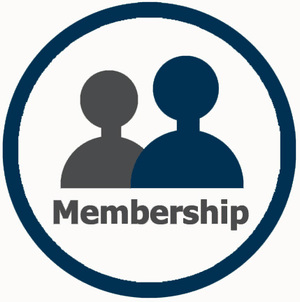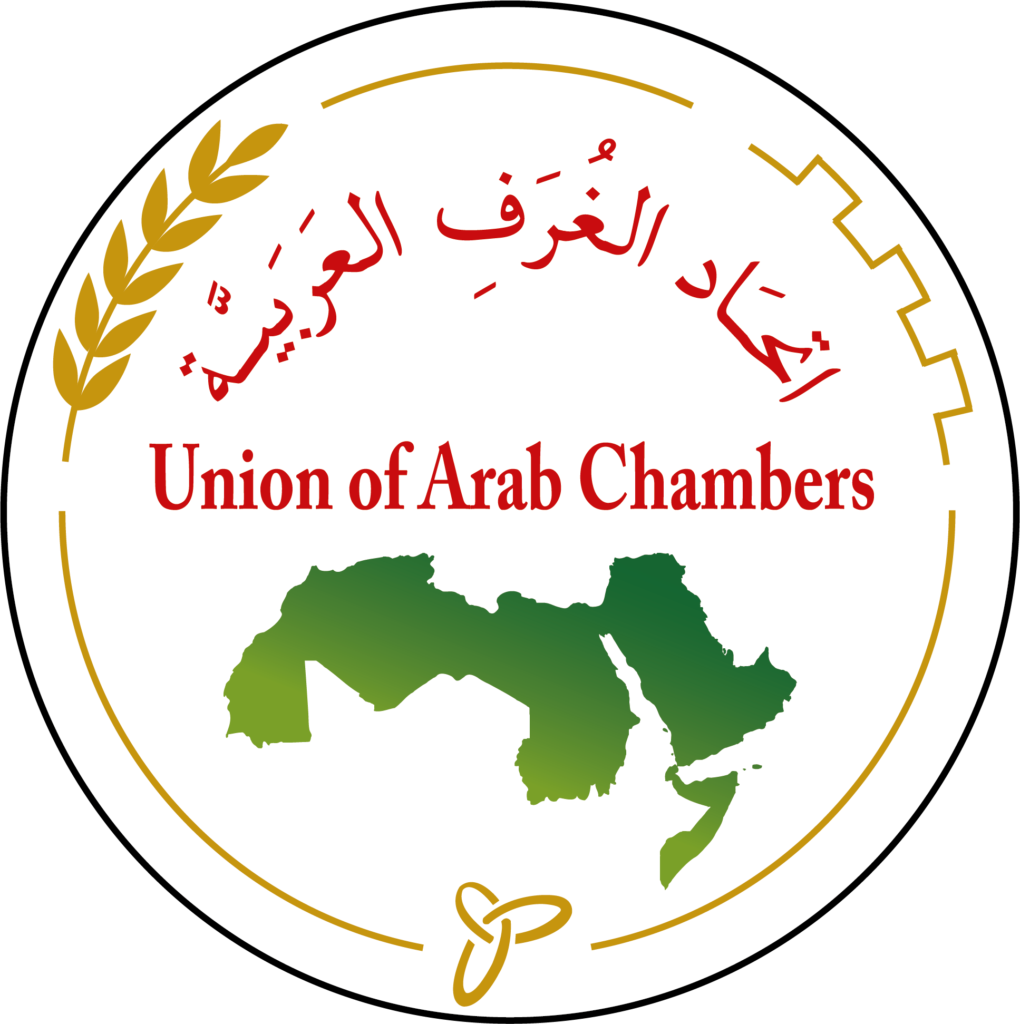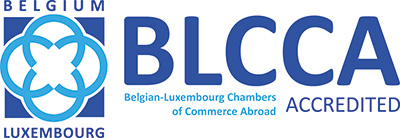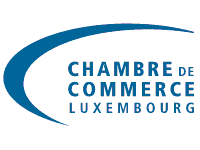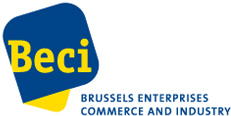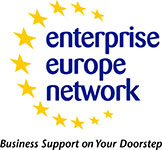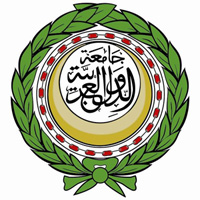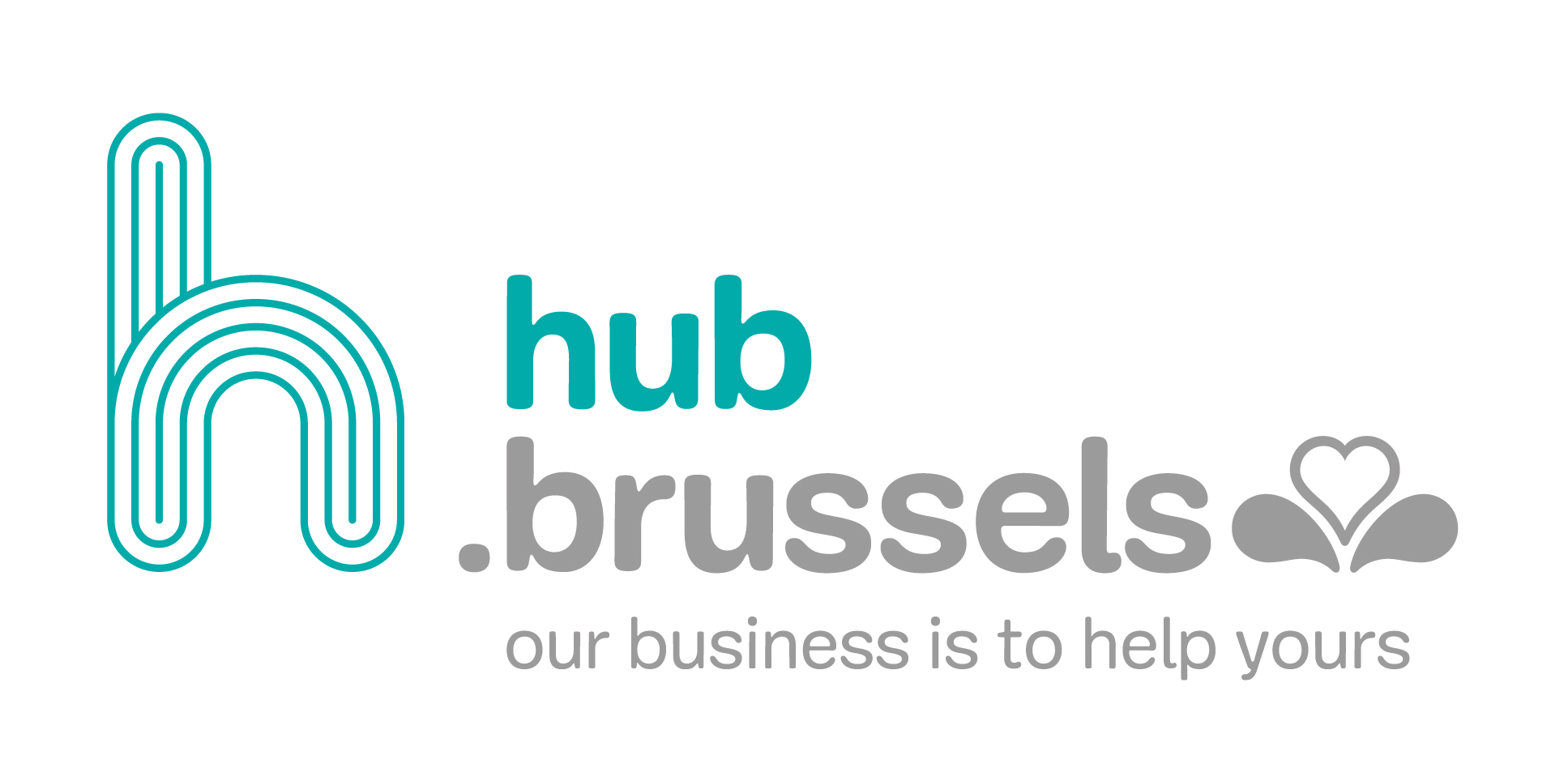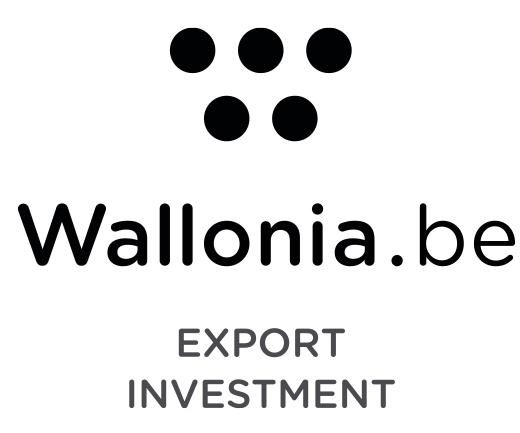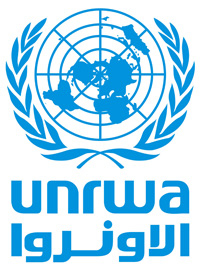1st edition 2014, January
Corporate Social Responsibility: UNRWA - private sector partnering
An interview with UNRWA Commissioner-General Filippo Grandi
 T he United Nations Relief and Works Agency (UNRWA) provides assistance and protection for some five million Palestine refugees in Gaza, the West Bank, Jordan, Lebanon and Syria. Since 2010, UNRWA has been headed by Commissioner-General Filippo Grandi, who joined UNRWA in 2005 and has served with the United Nations for over twenty-five years, in various places, including in Afghanistan, the Democratic Republic of Congo, Iraq and Sudan. Mr Grandi speaks to the ABLCC at a time of enormous challenges for UNRWA. But it is also a time of a new and promising trend of private sector partnering. In this interview, Mr Grandi speaks about UNRWA’s engagement with the private sector in mutually beneficial partnerships, and highlights how the Agency envisages forming new partnerships with companies in Belgium, Luxembourg, and Europe at large.
T he United Nations Relief and Works Agency (UNRWA) provides assistance and protection for some five million Palestine refugees in Gaza, the West Bank, Jordan, Lebanon and Syria. Since 2010, UNRWA has been headed by Commissioner-General Filippo Grandi, who joined UNRWA in 2005 and has served with the United Nations for over twenty-five years, in various places, including in Afghanistan, the Democratic Republic of Congo, Iraq and Sudan. Mr Grandi speaks to the ABLCC at a time of enormous challenges for UNRWA. But it is also a time of a new and promising trend of private sector partnering. In this interview, Mr Grandi speaks about UNRWA’s engagement with the private sector in mutually beneficial partnerships, and highlights how the Agency envisages forming new partnerships with companies in Belgium, Luxembourg, and Europe at large.
Q: First of all, what is UNRWA and what does it do?
A: The United Nations Relief and Works Agency for Palestine Refugees in the Near East is one of the oldest and largest UN Agencies working in the Middle East, unique in that we serve one particular population, Palestinian refugees, in Syria, Gaza, Lebanon, the West Bank and Jordan - some of the most vulnerable and impoverished people in the region. Our biggest contribution is in education as every day we educate some half a million children in schools across the Middle East. We also run health clinics and provide social services to some of the most disadvantaged, targeting women, children and the disabled in particular. Human development is our focus, but in times of war and instability such as we are seeing now in Syria, we also provide life saving emergency services.

Q: Why is UNRWA looking for partners in the private sector?
A: I believe private companies can play a constructive role in finding durable solutions to development challenges. This is not just my belief. More than 6,000 companies have signed up to the ethical business principles of the United Nations Global Compact. Many of them work directly with UN agencies to eradicate hunger, achieve universal primary education and deliver on other global challenges of common concern.
I am pleased to see that many companies have made strong commitments in support of humanitarian action and development work, and the numbers keep growing. In the past decade, the role of the private sector as an engine of growth and development has become widely recognized and collaboration based on Corporate Social Responsibility is increasing.
At UNRWA, we see private companies as important partners. Together, we are focussing on achieving sustainable development and supporting refugee communities.
UNRWA maintains strong ties with the governments, the private sector and civil society in Belgium and Luxembourg, and is eager to develop new partnerships, for instance, through the Arab-Belgian-Luxembourg Chamber of Commerce. I am therefore particularly grateful to Mr. Hijazin, Secretary General of the Arab-Belgian-Luxembourg Chamber of Commerce, and to his team, for the continued support and giving this opportunity to develop new partnerships.

Q: Which type of companies would UNRWA be interested in partnering with?
A: Key to a successful partnership is finding those common goals and mobilizing the resources and expertise to act upon them. We are looking for partners that share our vision of investing in children and youth and giving them the tools to contribute positively to their communities and societies. We are looking for partners who are committed to social responsibility and to the values of the United Nations. We are looking for partners that share our vision of alleviating poverty and increasing self-reliance of refugees. We are looking for partners that share our goal of improving access to health care in refugee communities. And we are looking for partners that share our goal of promoting gender equality and empowering refugee women.
In short, because of the diversity of our work, companies from a wide variety of sectors are and could be important partners to us. Think of IT-companies, car manufacturers, advertising agencies, shipping and logistics companies, consulting firms, toy and school supply manufacturers and engineering companies.
Let me highlight in particular the pharmaceutical and healthcare sector. We run a comprehensive regional health care programme with more than 3,500 doctors and other health care staff and more than 9 million annual patient visits. The advantages of working with the private sector, as well as the potential benefits to the private sector, are enormous. The private sector can learn from UNRWA’s expertise and in-depth understanding of the demographic transitions and changing disease burdens in the refugee communities, as well as our convening power in Middle East markets.

Q: What particular forms can partnerships take and how is this decided upon?
A: Not two partnerships are alike: they range from one-off cash contributions for one shared activity to multi-year partnerships involving not just cash but also technology, products, innovative approaches or sharing of resource networks.
Colleagues from our Partnerships Division will listen carefully to how a new partner wants to engage and what their particular strengths and resources are. Vice versa, we present the partner with our strengths: our strong presence on the ground, our wide our large network of contacts to local partners and host-governments. Getting to know each other like this will shape the partnership.
Q: In the case of financial support, can private sector partners decide which particular field they will be supporting?
A: Yes, indeed. UNRWA tailors partnership activities in close cooperation with partners. For Corporate Social Responsibility based on financial donations, we present companies with information on where the greatest needs are. Together we can then decide on where we believe a donation will have maximum impact and present options for visibility of certain activities.
Q: Could you give specific examples of types of partnerships and what their impact is?
A: Let me mention a couple of examples that show the variety of partnerships. Our health programme has a multi-year partnership with the World Diabetes Foundation, founded by pharmaceutical multinational Novo Nordisk. The partnership targets one of UNRWA’s greatest challenges in the health sector: diabetes management. Thanks to this great partnership, we have been able to review the working procedures of our clinics, to introduce new equipment for and to provide much needed diabetes training for 120 doctors and 300 other health care staff.
There are many more highly interesting and valuable partnerships. In March, I signed a partnership agreement with Mitsubishi Corporation for safer and healthier food in schools in refugee camps. This project not only benefits the children but also connects the schools with community women, who prepare the food. With the LEGO Foundation, we pilot inter-active natural science learning with their MINDSTORMS robot technology in Gaza schools. Our partnership with Mario Cucinella Architects is also of a revolutionary character: we are building a school that relies only on renewable and free locally available resources - rainwater, solar and ground energy.
These examples show the great value of partnering for Palestine refugees. Just get in touch with our liaison officer in Brussels to start our conversation about how we can work together!

Contact ABLCC
This email address is being protected from spambots. You need JavaScript enabled to view it.
Contact UNRWA
Rosa Bahl, Associate Liaison Officer,
UNRWA Representative Office in Brussels
Rue de la Loi 155, 8 floor. 1040 Brussels.
Mail: This email address is being protected from spambots. You need JavaScript enabled to view it., Phone: +32 473 822 142




